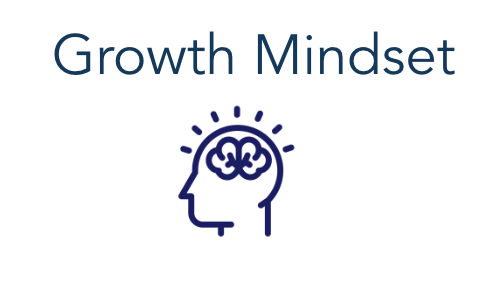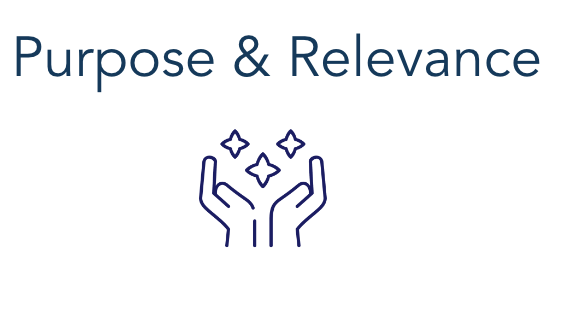What are mindsets that promote resilience and determination?
Learning Mindsets
The Student Experience Network has organized its research and content around three distinct learning mindsets. These mindsets foster learning. First, there is a Growth Mindset, or a belief that intelligence can be developed with effort and is not fixed or innate. Another key mindset is identifying purpose and relevance in every learning opportunity. Finally, there is cultivating a mindset of Belonging, for the extent to which students feel socially connected, supported, and respected in school impacts their learning and academic achievement.



- Growth mindset: Successful learners possess a growth mindset. This means they believe that their most basic abilities can be developed through perseverance and hard work. In other words, they do not believe people’s abilities are fixed or innate.
- Purpose and relevance: Successful learners strive to unearth purpose and relevance to the ideas and skills they learn in school. They look for the meaningfulness and importance of school for their own lives and the lives of others.
- Belonging: Belonging is the sense that one is valued and respected in a given context. In other words, successful learners feel socially connected, supported, and respected in school.
What do mindsets that promote resilience and determination look like in the classroom?
Growth Mindset
- Push yourself to take academic risks and learn from failure/mistakes, reframing–”not yet”
- Recognize failure as a miss-take rather than a mistake – do-over
- Embrace the process of learning how to learn
- Embrace imperfections
- Value the process of learning, not just the outcome
- Stop seeking approval
- Emphasize growth and learning over speed
- See feedback as helpful to your growth
- Talk to yourself the way you would talk to a friend
- Expand your comfort zone
- Read about the lives of others and their trials and tribulations
- Understand the difference between times of struggle (push through) and. times when you need a break (take a break)
- Use the Pomodoro method or another timer system (set a timer for 20 min)
- Positive\ self talk – have a “go to” phrase when things are hard
- Practice self-care – find many things that allow you to take care of yourself (music, nap, exercise, reading, art, etc)
Belonging
- Look to join activities, sports, clubs, affinity groups
- Invite others you don’t know well to join an activity
- Find your “people” at Breck
- Speak up and answer questions in class or contribute to discussions
- Practice sharing ideas and opinions with friends
- Build relationships with teachers
- Ask for what you need
- Reach out to others for strategies (friends, adults at school, parents, coaches)
- Identify components of your identity
- Follow your passions
- Understand what makes you unique
- Express yourself and share your gifts and talents with others
- Connect with others in an affinity group
- Find your “people” at Breck
- Understand who you are and practice standing up for your beliefs

